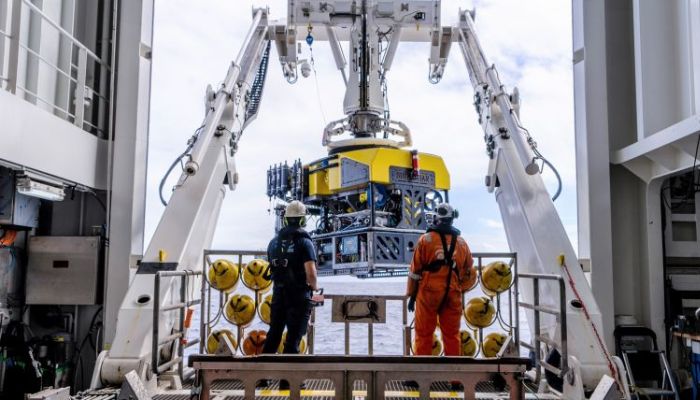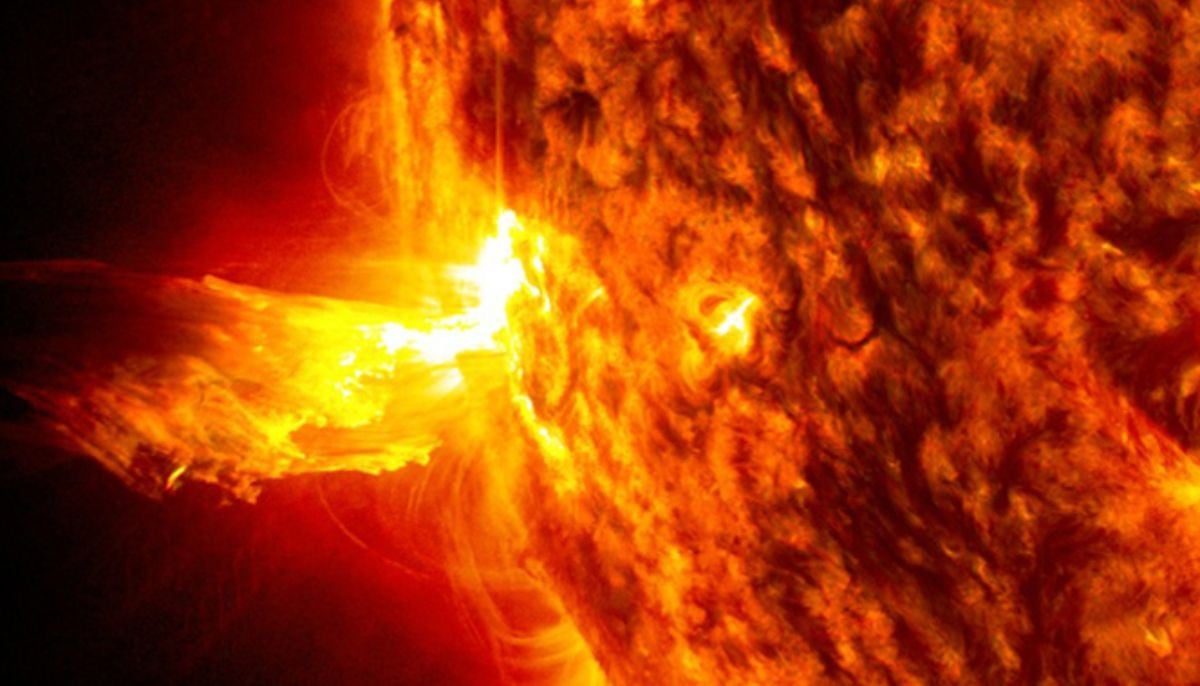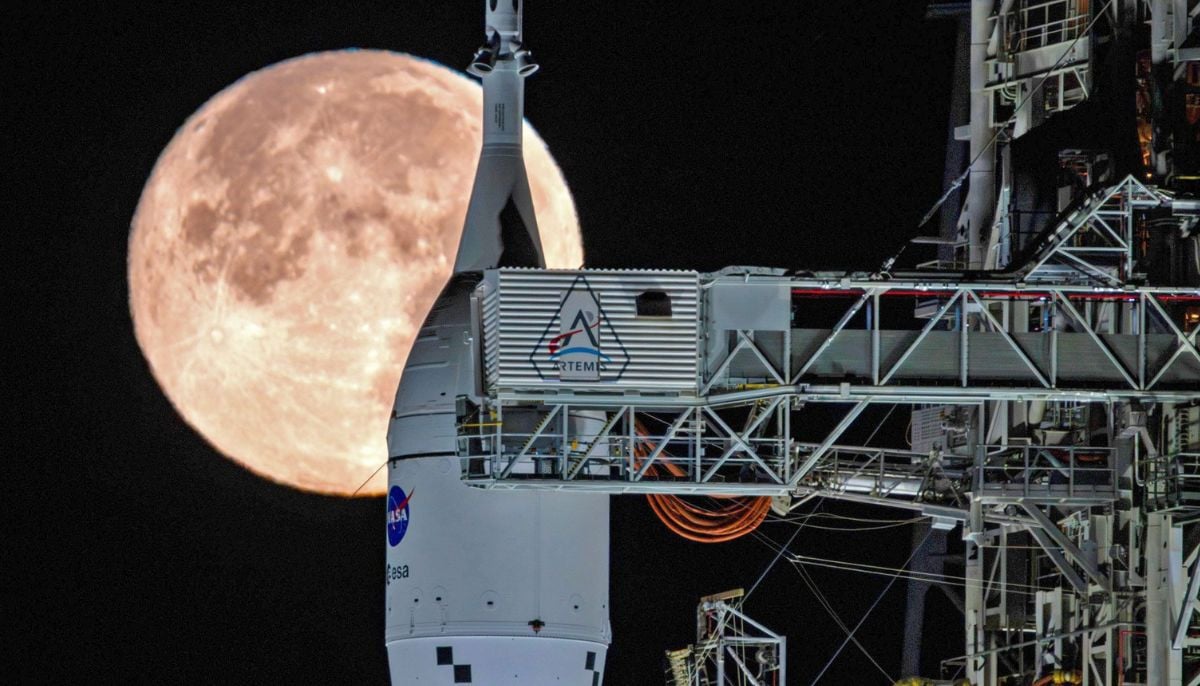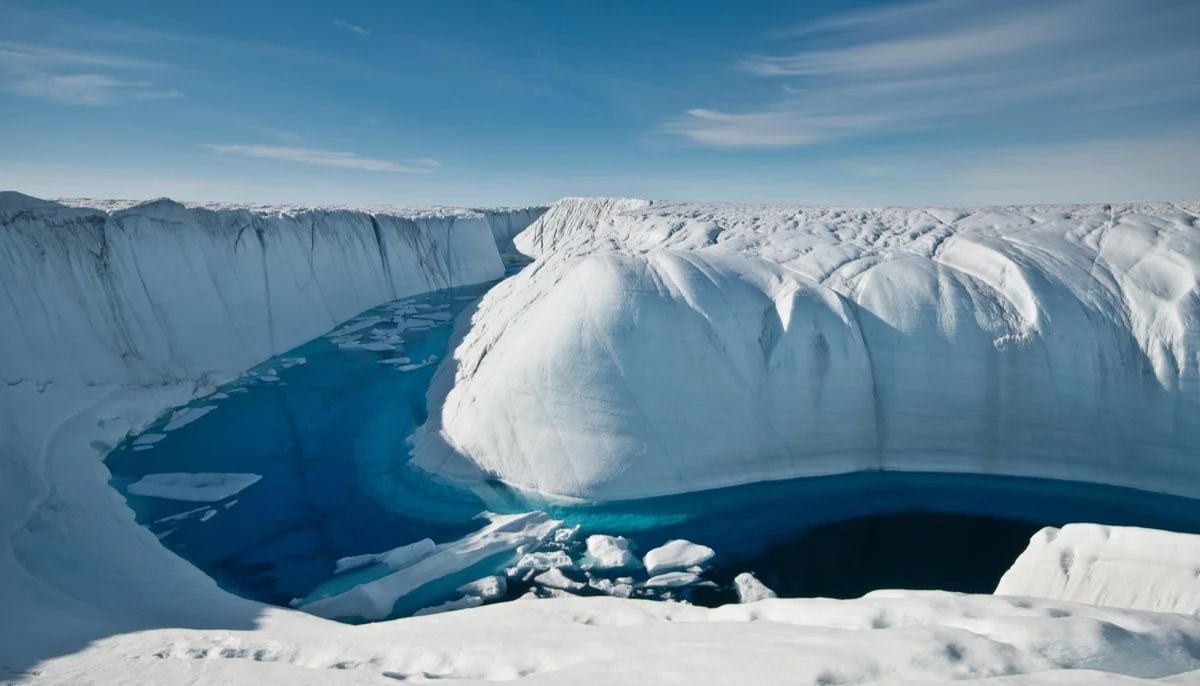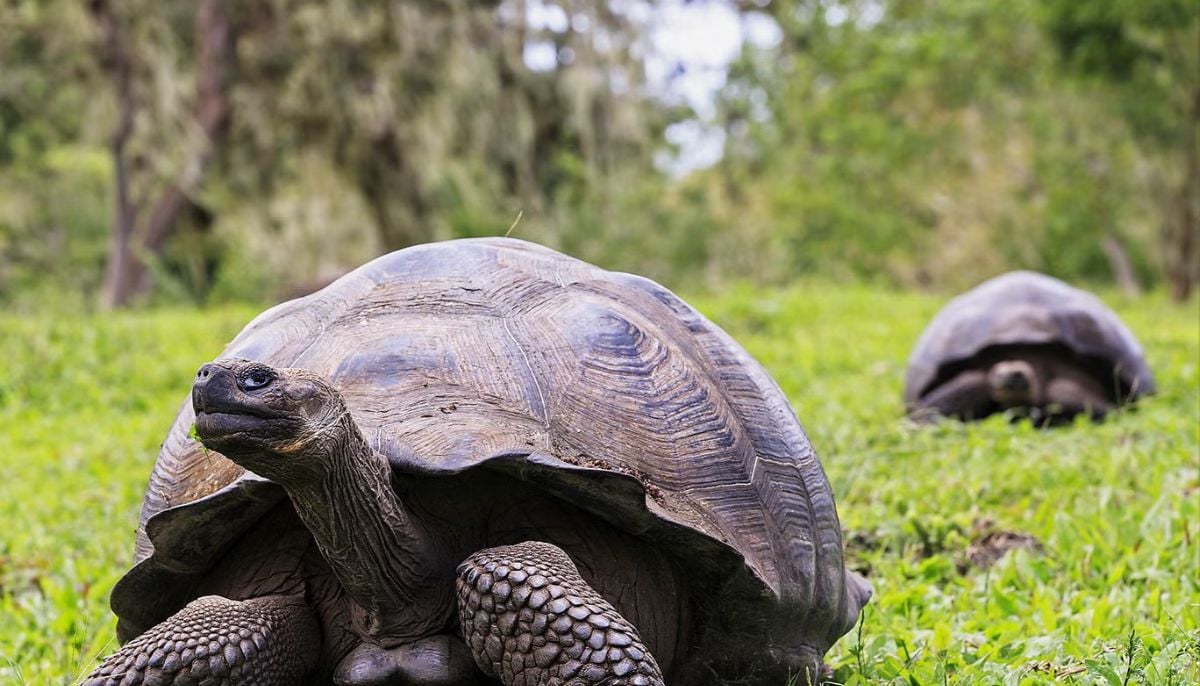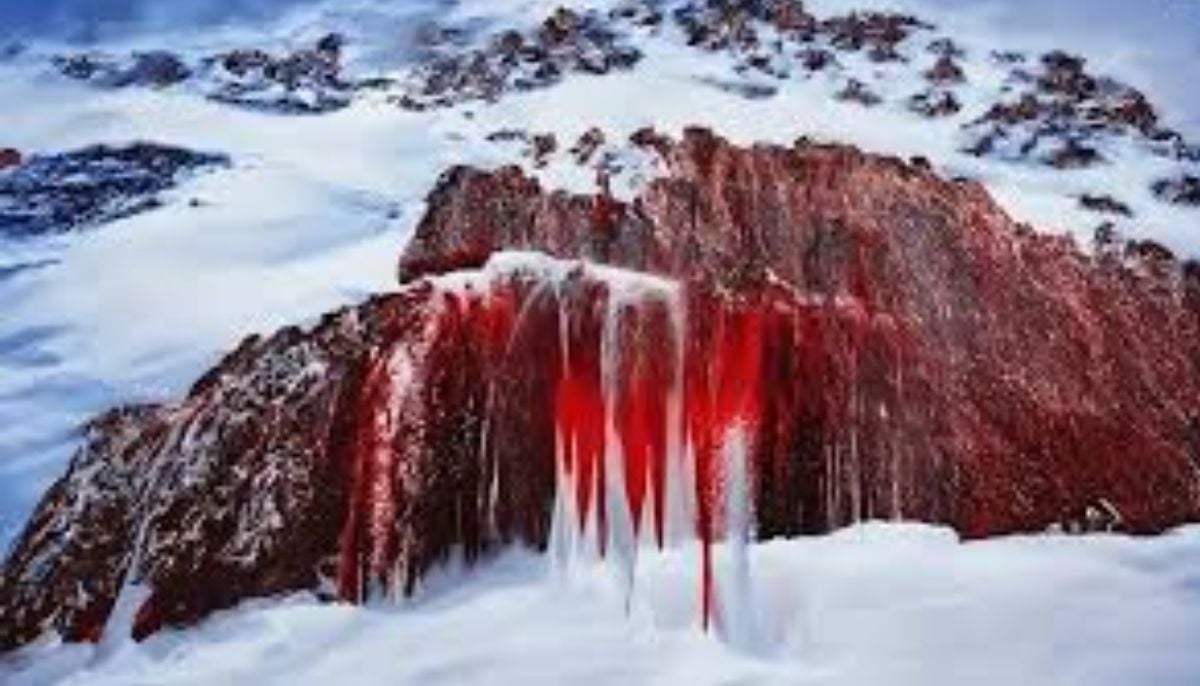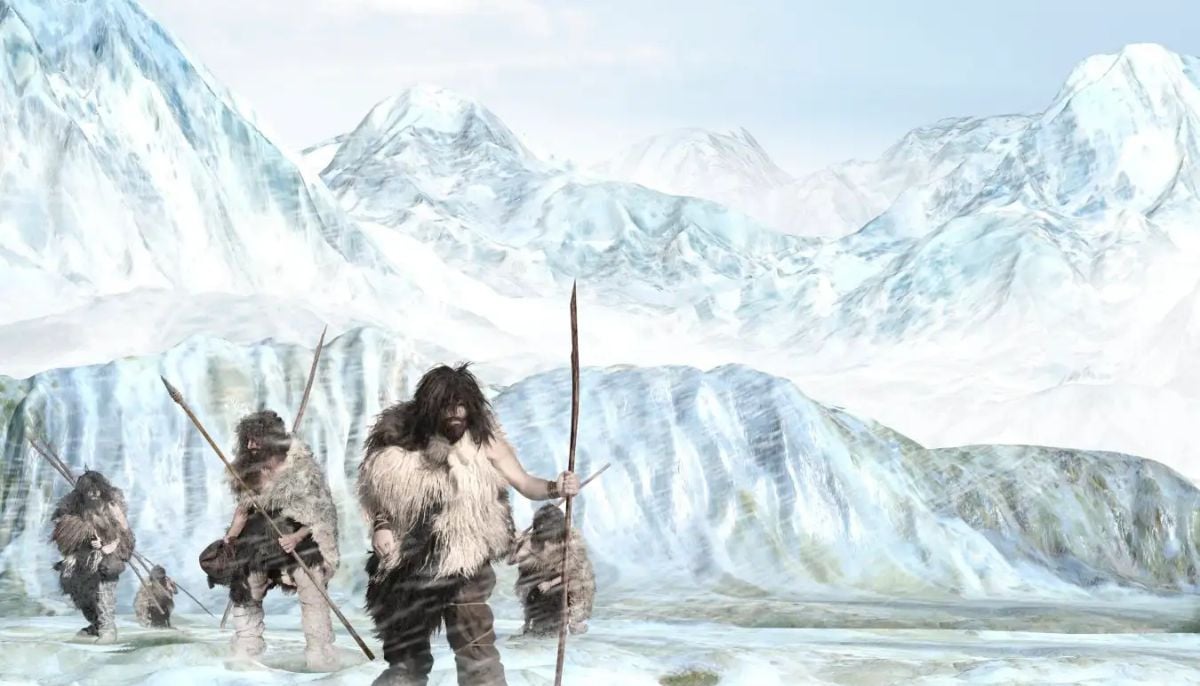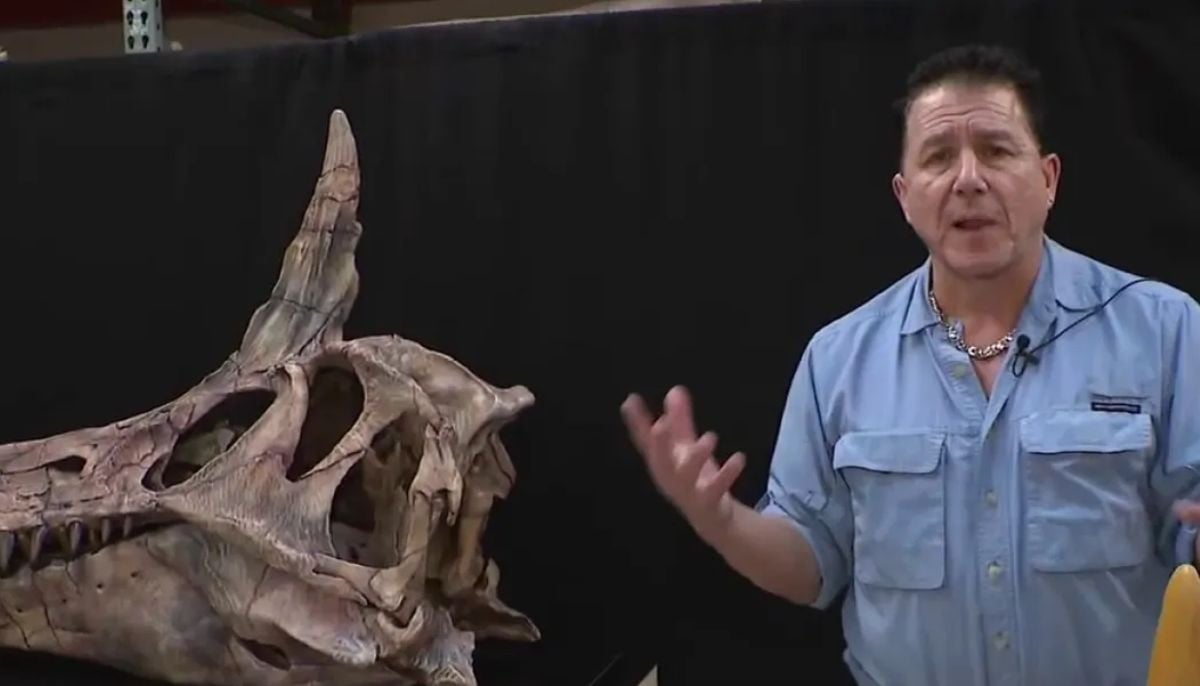Scientific expedition reveals thriving ecosystems at new hydrothermal vent fields
Discovery of active hydrothermal vents is first in over 40 years on this section of world's longest underwater mountain range
During the first scientific expedition aboard Schmidt Ocean Institute's research vessel, Falkor (too), scientists have made a groundbreaking discovery on the Mid-Atlantic Ridge.
The team, representing 11 institutions from the US, Canada, and France, mapped an area of approximately 170 square kilometres using advanced ocean technologies, revealing three new hydrothermal vent fields.
The discovery of active hydrothermal vents is the first in over 40 years on this section of the world's longest underwater mountain range. The Puy des Folles volcano field has five active sites over 18 square kilometres, and high-temperature 'black smoker' vents were found at the Grappe Deux vent system and Kane Fracture Zone.
The new capability that Falkor (too) brings to the ocean science community is the ability to put multiple different types of technology in the water simultaneously. The scientists and crew demonstrated dedication, and the capabilities of the ship were evident in the success of this expedition, exceeding all expectations.
The Mid-Atlantic Ridge, located in international waters, is a target area for deep-sea mining.
All mineral-resources-related activities in the area are regulated by the International Seabed Authority (ISA), established by the United Nations. Active hydrothermal vents are rich in metal sulfide deposits and exploring the vents for the first time, scientists found rich biological communities. The vents were teeming with marine life, including massive swarms of vent shrimp and a rare sighting of big fin squid.
Many species found on vents live off chemical energy (chemosynthesis) instead of energy from sunlight, which does not reach such depths.
Scientists are still learning about how these ecosystems function and the role they play in cycling carbon on our planet. The impact of deep-sea mining on hydrothermal vent ecosystems is unknown, and the discovery of active marine life underscores the need for more research to understand the effects.
Regional Environmental Management Plans require accurate scientific data on the presence of animal communities and an understanding of how sites are colonised.
The inaugural 40-day expedition on RV Falkor (too) began in March, and the new vessel will be used for global ocean exploration, focusing on a new region of the world each year. The next expedition, beginning on 17 April 2023, will explore deep-sea coral.
"The discoveries on this expedition underscore how much we have yet to learn about deep-sea ecosystems and why, before marching ahead with mining or other potentially damaging activities, we need to learn more about our unknown ocean," said Wendy Schmidt, co-founder and president of Schmidt Ocean Institute.
-
Space-based solar power could push the world beyond net zero: Here’s how
-
Hidden ‘dark galaxy' traced by ancient star clusters could rewrite the cosmic galaxy count
-
Astronauts face life threatening risk on Boeing Starliner, NASA says
-
Giant tortoise reintroduced to island after almost 200 years
-
Blood Falls in Antarctica? What causes the mysterious red waterfall hidden in ice
-
Scientists uncover surprising link between 2.7 million-year-old climate tipping point & human evolution
-
NASA takes next step towards Moon mission as Artemis II moves to launch pad operations following successful fuel test
-
Spinosaurus mirabilis: New species ready to take center stage at Chicago Children’s Museum in surprising discovery
